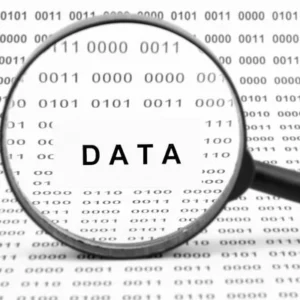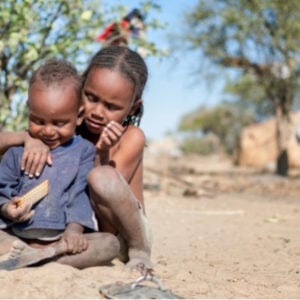Over the past year, Somalia and Djibouti have made significant progress in public health by introducing national pharmacovigilance systems. These systems are essential tools for monitoring the safety of medicines, detecting adverse reactions, and addressing issues related to substandard or falsified products. This development marks a major step toward enhancing patient safety and public trust in healthcare.
Pharmacovigilance plays a critical role in ensuring medicine safety, particularly in African countries where most medicines are imported and health systems are under strain. Without robust monitoring systems, harmful reactions to drugs or subpar treatments can go undetected, posing risks to health and undermining trust.
Somalia and Djibouti have recently expanded access to vaccines and medicines, increasing the need for formal safety monitoring mechanisms. Previously lacking such frameworks, both countries have now begun submitting reports to VigiBase, the World Health Organization’s global platform for medicine safety data, thanks to support from Africa CDC, WHO, and other partners.
By contributing to global pharmacovigilance efforts, Somalia and Djibouti are not only protecting their own populations but also aiding in the global early warning system for medicine safety. The COVID-19 pandemic exposed the importance of such systems, especially for vaccine safety and public communication.
Africa’s reliance on imported medicines — over 70% — combined with complex supply chains, heightens the risk of expired, counterfeit, or ineffective products. Effective pharmacovigilance becomes critical as new treatments for diseases like malaria and tuberculosis are introduced across the continent.
Despite the importance of pharmacovigilance, Africa contributes less than 1% of global safety reports. An estimated 10% of medicines on the continent are substandard or falsified. However, countries like Egypt, Ghana, Nigeria, and South Africa have attained WHO’s Maturity Level 3 for regulatory systems, setting a model for others.
Somalia and Djibouti’s advances are part of the Saving Lives and Livelihoods (SLL) programme, funded by the Mastercard Foundation. This initiative supports COVID-19 vaccine uptake and broader health system resilience, with a strong focus on pharmacovigilance capacity building.
Regional partner Akros Research has played a crucial role in supporting the development of pharmacovigilance through training, deployment of digital tools, and sustainable system design. Ongoing needs include more training, better coordination, and stronger digital infrastructure.
Africa CDC is also leading efforts to reduce reliance on imported vaccines. The African Union aims to locally produce 60% of its vaccines by 2040, up from less than 5% today. Lessons from the COVID-19 pandemic — including delays in vaccine access — have fueled this push toward health sovereignty.
This ambition is already showing progress. Twenty-three vaccine manufacturers now operate across the continent, and three are expected to supply eight key vaccines for Africa within five years. As local vaccine production grows, effective pharmacovigilance systems will be essential to ensure safety and build trust.
Efforts in Somalia now focus on integrating pharmacovigilance into the national health system through widespread training, digital reporting, and standardised forms to boost adverse event reporting by 2025. Djibouti is similarly developing a dedicated pharmacovigilance unit and digital infrastructure to enhance oversight.
These initiatives represent more than technical improvements — they reflect a broader shift in prioritising medicine safety as a shared responsibility and a central element of national health strategies.







